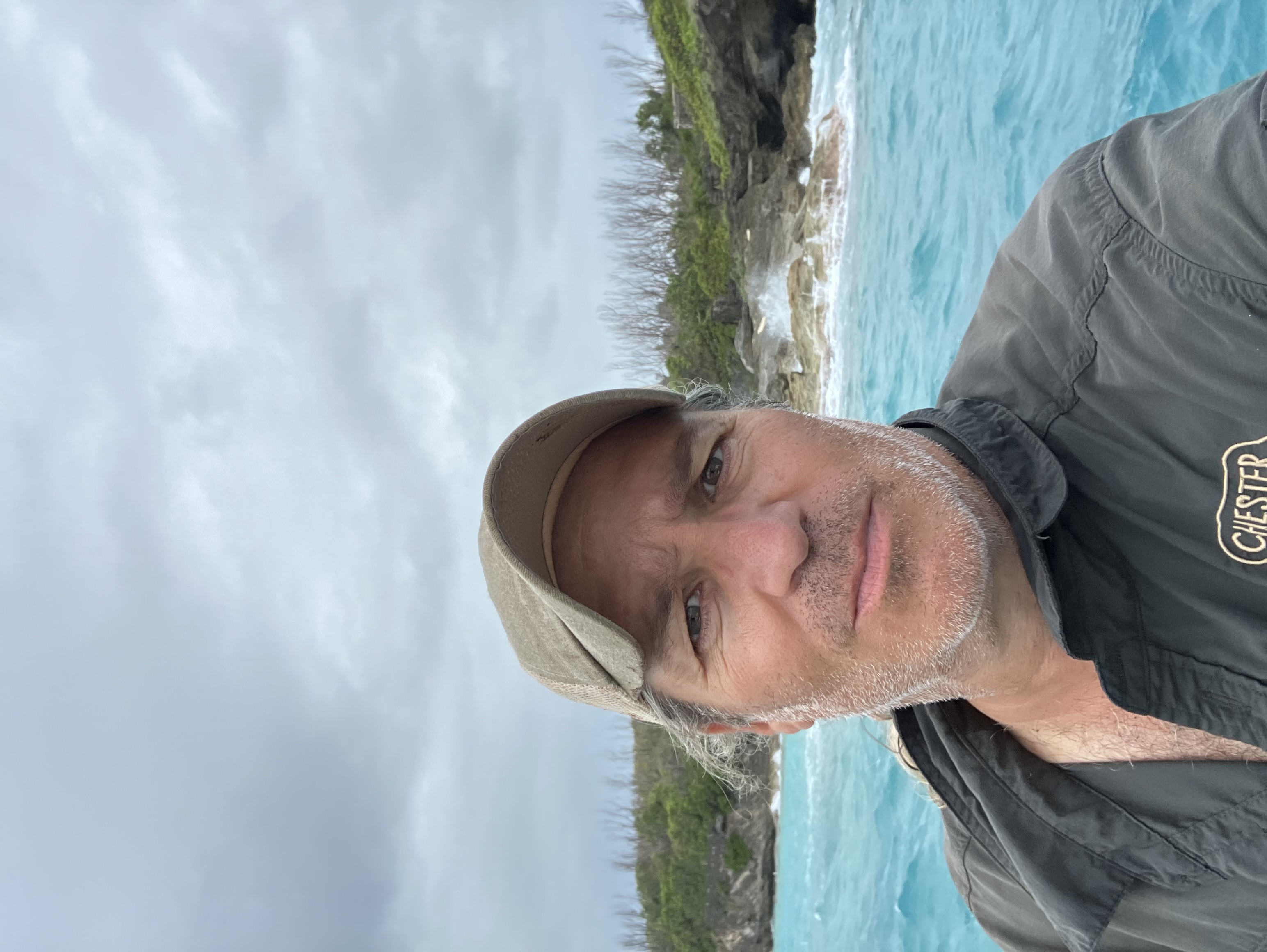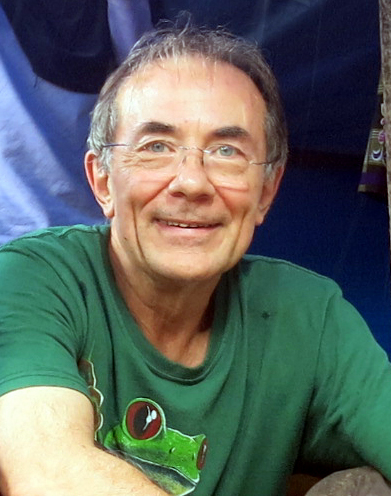President: Dr Gerardo Garcia

The role of the President is to represent the Society at all levels and as widely as possible, and to officiate at the Society's public meetings.

The Treasurer's primary duties are to maintain books of accounts, control the receipt and payment of cash, liase with the Society's bank and ensure annual accounts are prepared. He or She also has responsibility for budgeting for future expenditure, presenting up-to-date financial returns at Council meetings or, after notice, when required confirm the Annual Accounts Statements with two Auditors who are Members of the Society but not Members of Council.

The Secretary's primary duties are to receive and handle the Society's mail and to maintain effective, up to date membership records. The Secretary is also responsible for the distribution of the Society's publications, general administration and dealing with enquiries.
The Finance Officer post was newly created in 2018 with an objective of securing assistance for the Treasurer

The Conservation Officer liaises with key UK nature conservation organisations and advises Council accordingly. The Conservation Officer may also organise events and activities in support of UK herptile conservation and generally represents these interests on Council.

Activities and responsibilities include the promotion of responsible animal keeping, helping to co-ordinate breeding projects; publication and distribution of a series of information sheets, scientific articles and the rolling book programme (7 titles to date); assist with members queries and requests for advice and help from outside organizations and individuals, as far as possible; co-ordinate and manage the CBC small grants scheme for captive breeding / conservation project collaborations with members and outside institutions; provide advice when requested ( including written submissions) to government and other organizations, with regard to herpetology and legislation.
The activities and responsibilites of the Education and YH Officer include: promoting the interests of and providing support for the Young Herpetologists (YH); dealing with queries from YH members and, together with other Council members, promoting and facilitating education of the public on herpetological matters.
The role of the Development Officer is to assist with all matters relating to the Society's continuing development as a modern membership organisation. In particular, and as necessary, with issues concerning the website, policy and development, as well as modernising the BHS's publications strategy.

The Trade Officer has the general brief to liase with the Trade and update Council and the wider Society on significant regulatory changes - potential and actual - that may impact the interests and activities of BHS members. The Officer monitors the activities of the trade and is aware of what animals and what equipment is available. The Officer also looks at government and other authorities' activities and represents the BHS view if asked. Legal, regulatory and commercial activities form the bulk of the Officer's activity.

The Scientific Editor is responsible for the receipt and review of all manuscripts submitted to the HJ for publication. This involves liaison with authors, referees, associate editors and members of the editorial board. The Scientific Editor makes the final decisions concerning the suitability of papers for publication based on the reviews received, and forwards accepted manuscripts to the Managing Editor for processing.
All contributions should be addressed by e-mail to the scientific editor:

The Scientific Editor is responsible for the receipt and review of all manuscripts submitted to the HJ for publication. This involves liaison with authors, referees, associate editors and members of the editorial board. The Scientific Editor makes the final decisions concerning the suitability of papers for publication based on the reviews received, and forwards accepted manuscripts to the Managing Editor for processing.
All contributions should be addressed by e-mail to the scientific editor:

The Managing Editor is responsible for Journal production. This involves final editing of manuscripts received from the Scientific Editors, resolving queries with authors, production of proofs using DTP, correction of final proofs, dealing with reprint orders, and production of final copy for the commercial print unit. Also handles all book reviews.
Dr. Andres Felipe Jaramillo (Pontifícia Universidade Católica do Rio Grande do Sul, Brazil)
Dr. Anthony Herrell (Muséum National d'Histoire Naturelle, France)
Dr. Anyelet Valencia-Aguilar (University of Bern, Switzerland)
Dr. Arianna Kuhn (Virginia Museum of Natural History, USA)
Dr. Ben Tapley (Zoological Society of London, UK)
Dr. Carlos Pavón (University of Kentucky, USA)
Dr. Deepak Veerappan (Natural History Museum, London, UK)
Dr. Hanlie Engelbrecht (University of the Witwatersrand, South Africa)
Dr. José Manuel Serrano Serrano (Universidad Nacional Autónoma de México, Mexico)
Dr. Pedro Taucce (National Institute of Amazonian Research (INPA), Brazil)
Prof. Richard Brown (Liverpool John Moores, UK)
Dr. Robert Jehle (University of Salford, UK)
Dr. Simon Loader (Natural History Museum, London, UK)
Dr. Devin Edmonds (University of Illinois)
Dr. Manuel Ortiz-Santaliestra (Universidad de Castilla La Mancha)

The Scientific Editor is responsible for the receipt and review of all manuscripts submitted to the HB for publication. This involves liaison with authors, referees, associate editors and members of the editorial associates. The Scientific Editor makes the final decisions concerning the suitability of papers for publication based on the reviews received, and forwards accepted manuscripts to the Managing Editor for processing.
Catherine Whatley
Erin Rickman-Hills
Dr Luiza Figueirdo Passos
The role of the Bulletin Editor is to oversee the production and publication of The Herpetological Bulletin. This involves checking and editing of articles to ensure that they conform to the Bulletin's house style, coordination of the layout of articles using DTP, production of author's page proofs, and liaison with the commercial print bureau. Other specific responsibilities of the Editor include the distribution of offprints and complimentary copies of the Bulletin to authors, and return of photographs/original artwork.
The Librarian maintains the extensive BHS library of books and periodicals and is responsible for responding to member's requests for information, specific article copies or guidance.

.

.

